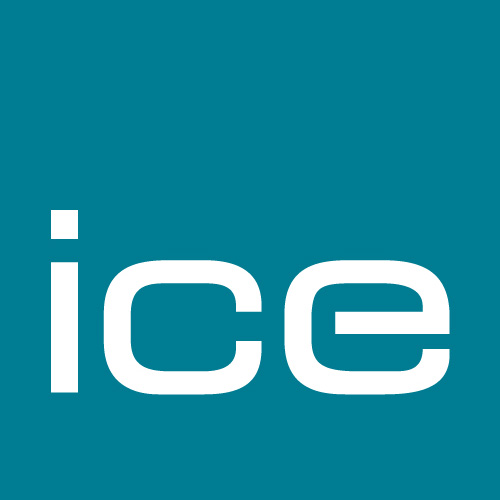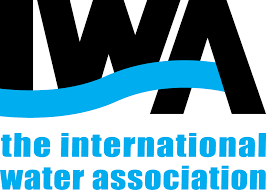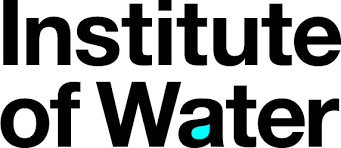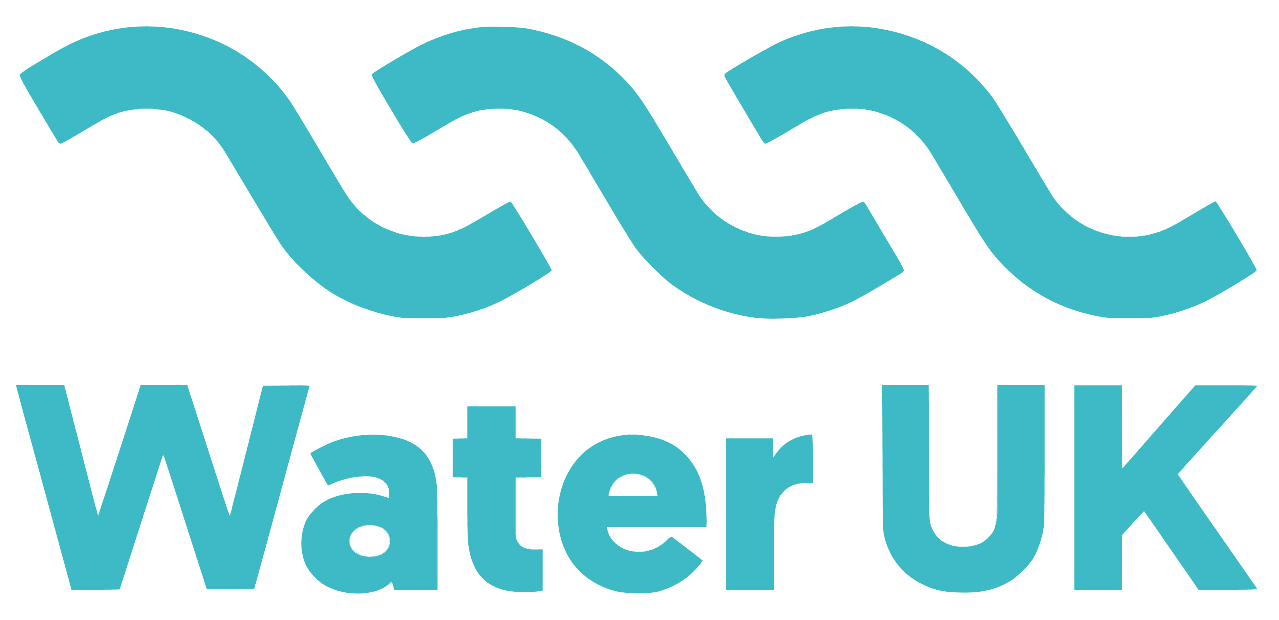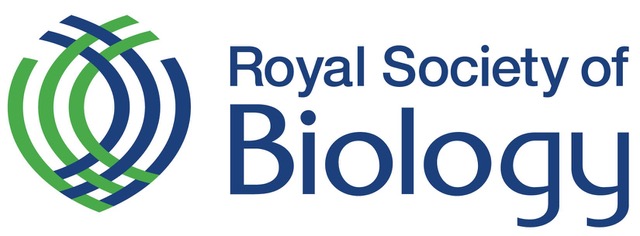
You are invited to the first in our series of Water Climate Discussions at 9am BST on Thursday 13 May:
Experts from WaterAid and Water Resources South East (WRSE) will be sharing the latest developments in water-sector adaptation & resilience, required due to the impacts of climate change.
They will also be asking you some big questions - we’re keen to hear about any promising innovations, and also to discuss how we make good science/policy scalable and accessible to all. We’ll be publishing your responses in a report that will shape our continued action in the run up to COP26.
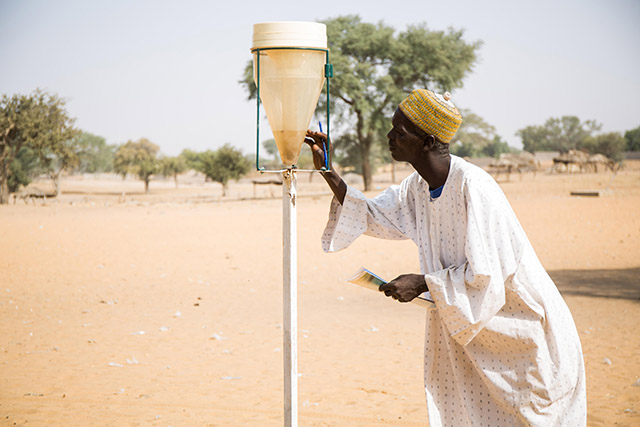
Credit: WaterAid/ Basile Ouedraogo.
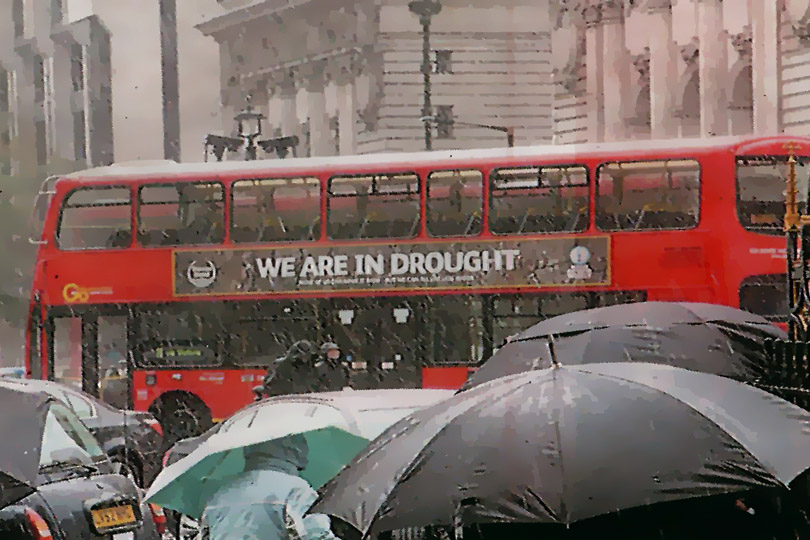
Used with permission: Thames Water.
The climate crisis is driving a need to rethink our approach to water:
- What does ‘good’ adaptation & resilience look like?
- Are the principles transferable between areas like SE England & W Africa?
- How do we translate good science in to good policy & delivery on the ground?
- How can we better align science, engineering & governance?
- Is the financial challenge finding the funding or spending it wisely?
- What are the gaps?
WaterAid
Our climate is changing at an alarming rate and it’s making it even harder for the world’s poorest people to get clean water. More frequent and extreme flooding is polluting fragile water sources; longer droughts are drying up springs. People need a resilient supply of water that keeps pumping through flood, drought and natural disaster. Because with clean water, they can stay disease free, go to school, earn a living and be better prepared for whatever the future brings. ...read more from WaterAid
WaterAid's work
Climate change is making it even harder for the world’s poorest people to get clean water. Already, 1-in-10 people worldwide don’t have a reliable source of clean water. The more our climate changes, the more challenging this becomes. In the past decade, more than 90% of major disasters have been caused by floods, storms, heatwaves, droughts and other weather-related events.
When extreme weather hits, it’s the poorest people who are least able to prepare, protect themselves and recover. Their contribution to carbon emissions is minimal; out of all of us, they will have contributed the least to the causes of our climate crisis. For those communities who already don’t have reliable access to clean water and decent toilets it’s a catastrophe. With increased rainfall and intense flooding, it is the world’s poorest people who are most vulnerable to cholera, typhoid or diarrhoea as water sources are polluted. And, when more severe and frequent droughts reduce both water quantity and quality, it is the world’s poorest people who are forced to drink dirty water.
As a result, people get sick and can’t attend work or go to school. Their lives, livelihoods and futures are at risk. Yet together we can act. A reliable source of clean water that keeps pumping through flood, drought and natural disaster means that people can stay healthy, earn a living and go to school, and be better prepared for future floods and droughts.
The situation is getting increasingly urgent. Every day, already fragile water supplies are at even greater risk of disappearing completely.
People need a resilient water supply that keeps pumping through flood, drought and natural disaster. We work with communities to design practical, affordable and long-lasting ways to ensure people can get clean water, all year round. Global warming makes the future uncertain, so we adapt our approach to each community, ensuring access to reliable systems that make sense whether or not they are hit by more extreme weather or natural disasters. Working together, we find ways for communities to manage their supply for the long-term, so they have the water they need not just for drinking, but for cooking, cleaning, washing and making a living.
Ensuring resilient access to water and sanitation can mean raising waterpoints and toilets, so they withstand floods and don’t contaminate water; storing rainwater in rooftop tanks or ponds for times of drought; or helping communities monitor water levels so they can prepare for shortages.
Through it all, we’ll be pushing governments to invest in giving everyone the clean water they need, whatever the changing climate brings.
Alongside the focus on reducing carbon emissions, governments need to do more to help people who are experiencing the impacts of climate change right now. They need to recognise that climate change is making it even harder for the world’s poorest people to access clean water. They need to ensure communities have a reliable source of clean water that keeps pumping through flood, drought and natural disaster.
That’s why we are calling for governments to invest more in providing sustainable sources of clean water and sanitation for the world’s poorest people.
The decisions made this year will set the course for climate change efforts for decades. Failure now will cost more in the long run and risk the lives and jobs of millions of people. The world’s poorest people must be supported to get a source of drinking water they can rely on, today and long into the future, whatever our changing climate brings
Water Resources South East
The challenges of climate change aren’t limited to the world’s poorest people. The number of people living in the South East of England is on the rise. The region – which includes London – is also the nation’s economic powerhouse. However, most of the South East is designated as being in serious water stress by the Environment Agency.
Without planning, there is a risk that more severe restrictions on business and households might have to be enforced in the future. The National Infrastructure Commission estimates the economic cost alone of imposing severe restrictions at around £1.3 billion per day to the economy, with further impacts to wider society and the environment.
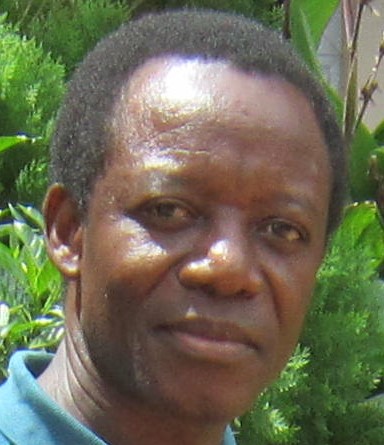
Lucien Damiba
Regional Research and Knowledge Manager, WaterAid, West Africa
Having trained as a hydrogeologist, Lucien joined WaterAid as a water security and water resource management specialist, going on to lead the West Africa Regional Learning Center for Water Resources Management from 2018 to 2019. Lucien is currently responsible for research, knowledge management and climate change in the region.
Lucien has over twenty years of experience in international development work, with a focus on climate change, water resources management, and project management.
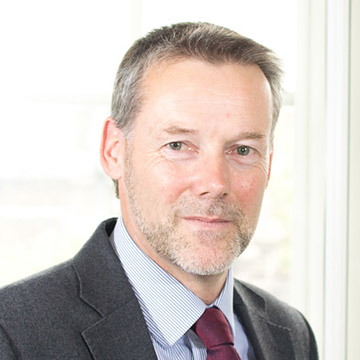
Trevor Bishop
Organisational Development Director, Water Resources South East
Trevor will give an overview and update on WRSE’s resilience and adaptive planning work and how they have been working internationally to share and learn with others. We’ll discuss the learning from these evolving approaches to resilience/adaptive planning and how it could be translated for wider adoption. Trevor will be asking for your input on some big unanswered questions around water adaptation & resilience. ...read more about Trevor
Trevor has been Director at WRSE since January 2019.
As Director for WRSE Trevor’s key responsibilities include strategy and policy for the development of a long-term Regional Resilience Plan across six statutory water companies in the South East of England serving some 20 million people. Trevor is also a Visiting Professor at the University of Exeter.
Prior to his current role, Trevor worked at Ofwat, the economic regulator, for three years on long term assignment from the Environment Agency. At Ofwat, Trevor’s specific areas of work included resilience, environmental delivery, catchment approaches, clean/wastewater planning and aspects of PR19. At the Environment Agency, Trevor was Deputy Director of Water Resources which included all aspects of water resource regulation, strategy and operations.
Prior to the Environment Agency Trevor worked for over 10 years in the Water Industry with a wide range of both strategic and operational roles in several water companies. Key areas of responsibility included leakage, customer services and asset performance. Trevor also supports international engagement and is currently a member of the International Water Associations Strategic Council.
Martin Currie will be hosting the discussion, and posing your questions to our experts....read more about Martin
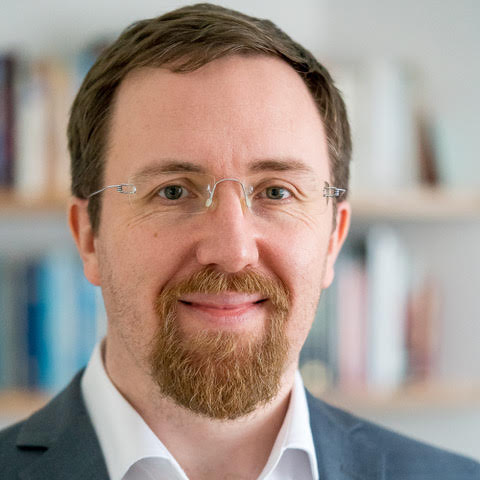
Dr Martin Currie is an independent potable water quality and treatment specialist with Aqueum. He founded andeye at the start of the COVID-19 pandemic, in order to improve the quality of online conferences and help decarbonise and democratise conferences post-COVID. andeye are based just south Glasgow and are providing the platform for this discussion.
Martin lived in Mauritius prior to his return to Scotland, working as an independent water consultant and photographer. Prior to that he lead Atkins’ Middle East Water business from a Dubai base. This included taking the water lead on a number of sustainable city master plans. After a year of consultancy, following his PhD in water treatment, his first long-term role was as a Process Engineer with Thames Water, culminating in the Lead Process Engineer role on their Upper Thames Major Resource Development project.
This event is brought to you by

in association with
